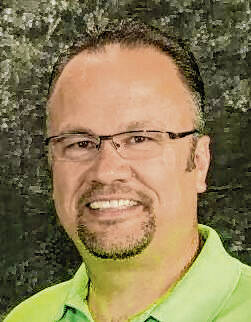
Steve Greene
Reassembling broken relationships requires four important decisions.
As we said last time, the first decision is to get back to, not get back at, the other person.
The second decision is about our personal willingness to accept responsibility for where the relationship currently stands. This goes back to the teachings of Jesus. For the relationship to improve, I must be willing to get the plank out of my eye before I try to get the speck out of your eye. This is what it means to focus on my role in disrupting our relationship. I need to determine my responsibility.
Most of us are quick to blame others for disrupting the relationship. I must be willing to ask “What is my role in the relational rupture?” I need to focus on getting the plank out of my eye so I can focus more clearly on what I can do to move toward reconciliation in this relationship.
That brings us to a third important decision. I must decide to take the first step toward reconciliation, regardless of who took the first step away. We would all agree the most mature person in the relationship is the one who should take the most responsibility in the relationship. Most of us would consider ourselves the most mature person. That is definitely the way it sounds when you tell others what happened.
Being a disciple or follower of Jesus should change the way we act, react and interact in relationships. Just look at how Jesus interacted with people who mistreated him, all the way up to and including crucifixion. Even from the cross, he prayed, “Father, forgive them.” Maturity requires that we step up and do what we can to make things right. As believers, it is our responsibility. This is required behavior for believers.
In Matthew 5:23-24, Jesus made it very clear this is one of the most important things we can do: “Therefore, if you are offering your gift at the altar and there remember that your brother or sister has something against you, leave your gift there in front of the altar. First, go and be reconciled to them; then come and offer your gift.”
He doesn’t say what the problem is or whose fault it is. He simply says it is up to us to do our part to fix it. This is a matter of first importance. In Jesus’ example, reconciliation took precedence over worship. This is not about putting the person before God. In many ways, this is how you put God first.
Steve Greene is the lead pastor at The Point in Seymour. Email him at [email protected]. His weekly blog can be found at pastorgreene.wordpress.com. Send comments to [email protected].
